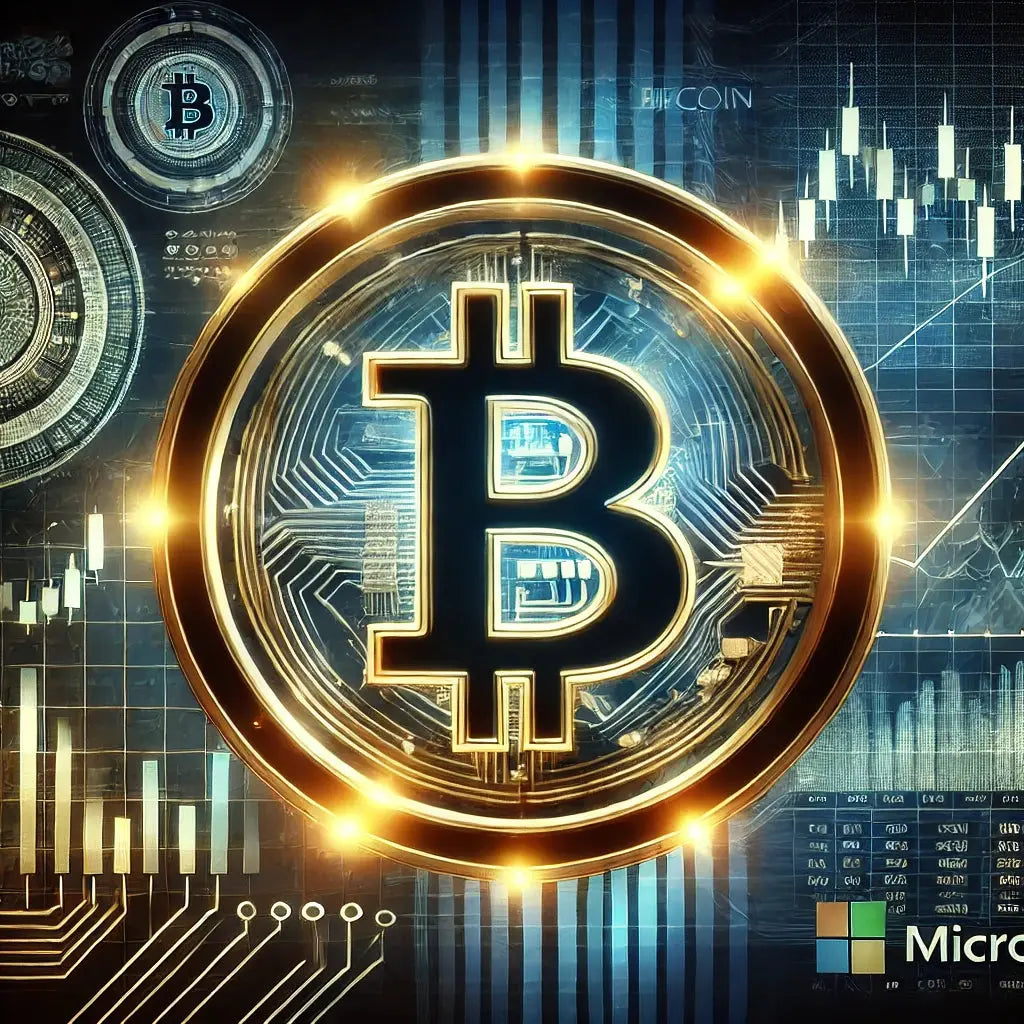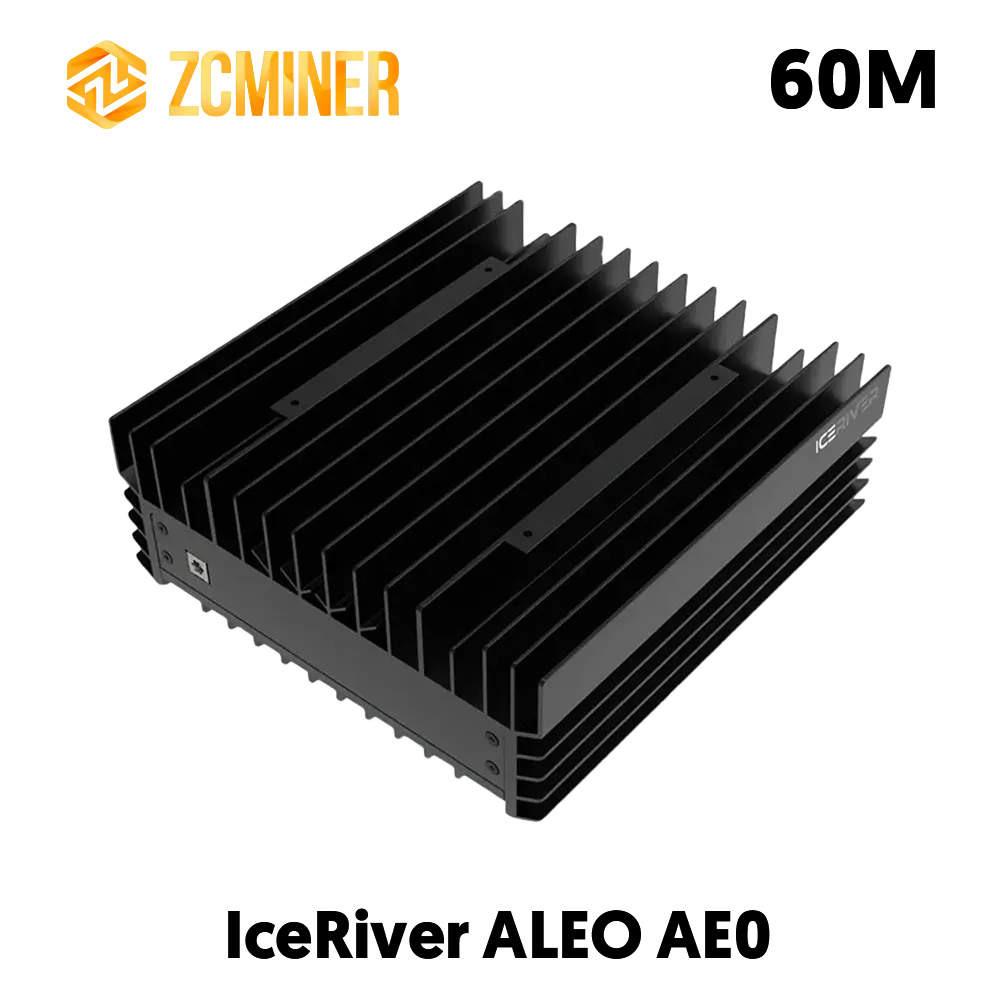Microsoft might invest in Bitcoin through spot ETFs.
Microsoft investing in Bitcoin is now possible. Microsoft will decide whether to invest in Bitcoin in December, according to a new SEC filing seen by MacroScope. On the surface, the board's advice to shareholders to vote against the investment seems easy. However, its rationale is more complex. Microsoft's board comment that management "carefully considers this topic" hints that the software giant is considering Bitcoin options.
Microsoft may be hesitant to retain Bitcoin directly on its balance sheet due to its complexity and hazards. Microsoft may be more cautious than MicroStrategy, which has fully invested in Bitcoin, to reduce risk while studying its prospects.
Microsoft following MicroStrategy would be a turning point for Bitcoin. Microsoft, the world's third-largest tech business by market size, would be the first to embrace Bitcoin. The domino effect could cause other significant firms to reconsider their Bitcoin and digital asset policies.
But now it gets fascinating. A direct investment in Bitcoin would shock financial markets, therefore Microsoft is more likely to use a spot ETF like BlackRock's. Spot ETFs offer indirect Bitcoin price exposure without the hassle of managing and safeguarding the asset. This technique lets Microsoft test Bitcoin without worrying about volatility, security, or regulatory compliance.
This cautious approach may inspire other companies. The institutional space is becoming increasingly aware of Bitcoin, although there is still some hesitation about investing in it. Spot ETFs track Bitcoin's price without requiring corporations to own the coins, providing a safer and more regulated entry option.
The Bitcoin advocate in me wants Microsoft or another major firm to keep Bitcoin on its balance sheet. Holding BTC directly acknowledges its value as a decentralized, finite resource with long-term appreciation potential. The move is bolder and smarter, especially in a world where inflation eats at currency reserves. Microsoft has $75 billion in cash, which MacroScope says is "melting away like an ice cube." Why not invest in Bitcoin, which has beaten most assets?
The ETF approach fits Microsoft's cautious business culture better. Microsoft's participation in a spot ETF signifies endorsement from one of the world's most powerful firms, even if it doesn't hold Bitcoin directly.
VanEck's Bold Prediction: $3 Million Bitcoin by 2050?
Microsoft is considering its options, but financial experts are predicting Bitcoin's future. By 2050, VanEck Head of Digital Asset Research Matthew Sigel predicts Bitcoin will reach $3 million. VanEck's model predicts this skyrocketing price based on Bitcoin becoming a worldwide reserve asset.
A $3 million Bitcoin may seem like an unrealistic expectation. Bitcoin is already reaching record highs over $71,000, so the concept of it increasing by such a magnitude over the next few decades seems incomprehensible. This prediction makes logical sense when you analyze the underlying forces.
Bitcoin's negative connection with the U.S. dollar and positive correlation with money supply increase (M2) are fundamental to VanEck's approach. Traditional fiat currencies lose value as central banks print money to stimulate their economies. Bitcoin, with its 21 million coins, defies this trend. Similar to gold, its scarcity may make it an attractive inflation hedge.
Brazil, Russia, India, China, and South Africa are also using Bitcoin in their economies. Russia's government wealth fund investing in Bitcoin mining infrastructure is one example. These efforts could legitimate Bitcoin worldwide and boost its reserve asset status.
VanEck's model estimates a 16% compound annual growth rate for Bitcoin if it becomes a reserve asset, even at 2% of global reserves, driving its price to $3 million by 2050. Though ambitious, this is not uncommon. Bitcoin defied doubters who called it a bubble by growing rapidly.
There are still obstacles. Some institutional investors may find Bitcoin too volatile for their portfolios because of its link with risk assets like NASDAQ. This may change as Bitcoin matures and becomes more independent from established markets. Sigel's projection is based on economic trends including government Bitcoin sales that have reduced market pressures and a rising awareness of Bitcoin's significance in global banking.
What Does Bitcoin's Future Hold?
Microsoft's possible investment in Bitcoin and VanEck's long-term price estimate show that Bitcoin is maturing. What was once a marginal asset is now a top corporate and financial strategic topic. Large companies like Microsoft are recognizing Bitcoin's potential through direct holdings or ETFs. While financial companies like VanEck have more sophisticated models that predict a big Bitcoin price increase over time.
Bitcoin's rise from a specialized digital currency to a worldwide financial asset is still young, in my opinion. Microsoft's involvement—directly or through ETFs—may be part of institutional adoption. While a $3 million price target may seem far off, Bitcoin's limited supply and rising significance in global banking make such estimates possible.
Bitcoin is here to stay and expanding in impact. Both corporations with billions in cash reserves and private investors are realizing that ignoring Bitcoin could mean missing out on one of our most revolutionary assets.










Leave a comment
This site is protected by hCaptcha and the hCaptcha Privacy Policy and Terms of Service apply.